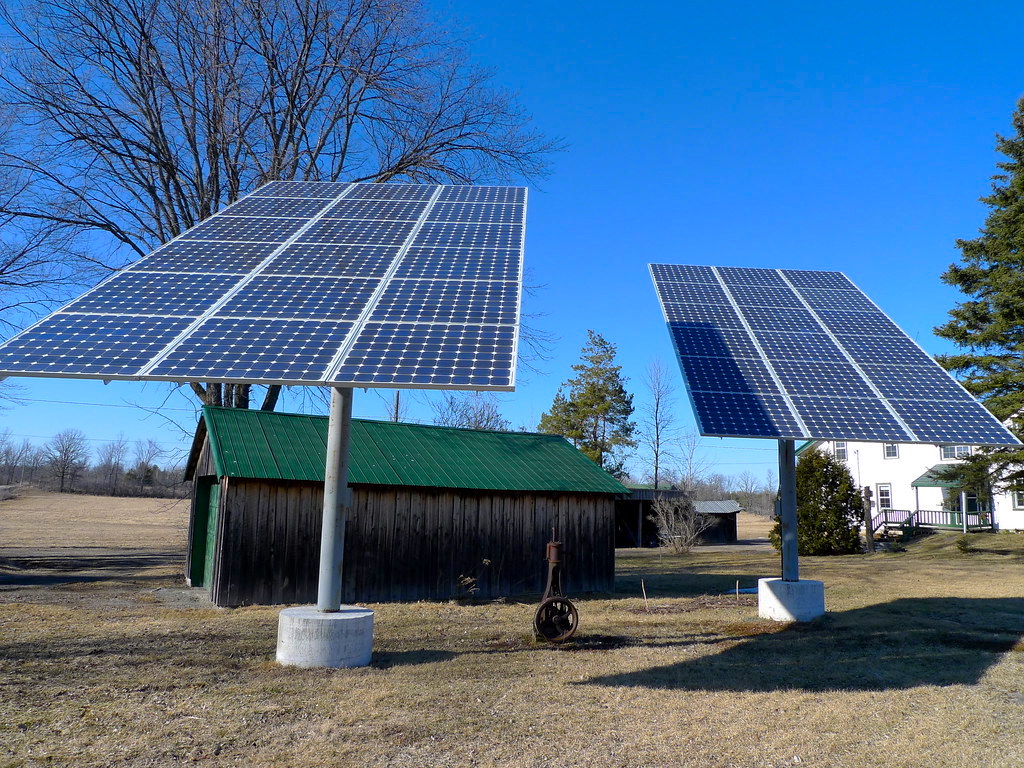The adoption of the solar energy system as a source of energy continues to grow in popularity. And with nearly 93 billion solar panels in use today, it won’t be long before the statistics hit the 100 billion mark.
Notably, solar energy comes with a myriad of advantages. It is renewable, clean, and pollution-free. Even more, solar power is pretty cost-effective and makes it an ideal option for those who want to reduce or eliminate recurrent utility bills.
However, solar panels are only safe and effective if you include all the right components!
5 Components of a Solar Power System
The following are the main components of your solar power system;
Solar Panels
It is impossible to have a solar power system without panels. So, solar panels are the most noticeable component. In most cases, you install solar panels outside the building on roofs or modified racks.
Solar panels convert sunlight into electricity through the photovoltaic effect. Monocrystalline and polycrystalline are the main panel types you will find. Finally, solar panels have a rating in watts, and the higher the rating, the more electricity a panel can produce.
Batteries
While all-weather panels can substantially produce energy throughout the day, panels produce the bulk of solar energy when exposed to sunlight. Thus, every solar system needs a battery to store the energy produced during the day for use later in the night.
You may need to consider lithium-ion batteries, gel batteries, or chloride batteries.
Charge Controller
Call it a solar charge controller, a charge regulator, or a solar controller; it provides a link between your panels and battery and is responsible for maintaining a proper charging voltage. It prevents your batteries from overcharging.
Inverter
Although most home appliances and electronic equipment use AC electricity, solar panels and batteries produce DC electricity. Thus, every solar power system needs an invert to convert DC to AC power for use.
Depending on the size of your solar grid, you may require various other components for functionality and installation purposes. They include power meters, installation racks, circuit breaker panels, and an array DC disconnect.









